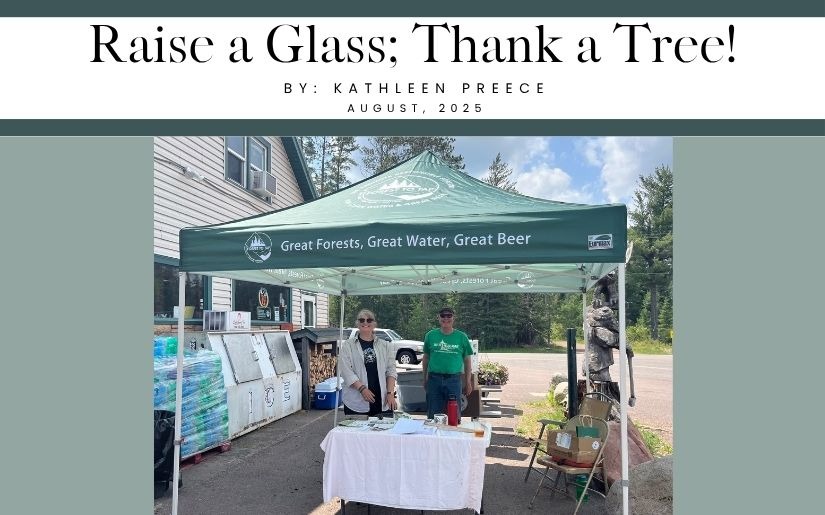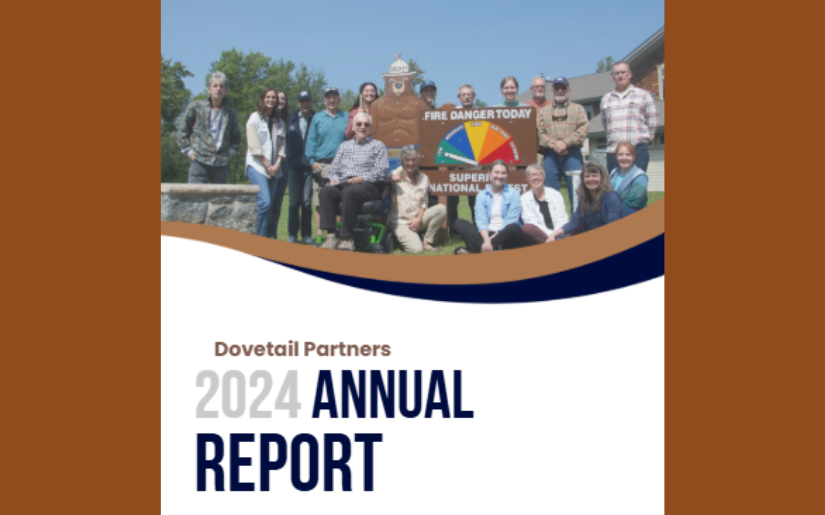The U.S. Endowment for Forestry and Communities (Endowment) has provided a grant to Dovetail Partners to conduct a project in collaboration with Cambium Consulting over the next year with the goal of creating shared understanding around the potential effects of an expanding forest carbon market in the United States. This project aims to provide elevated awareness, shared knowledge, strengthened connections, and support for critical thinking among key stakeholders regarding the potential for expanding markets for forest carbon offsets that may materially disrupt raw material availability and supply to domestic forest products manufacturing sectors. The desired outcome is to provide space and momentum to spur research, increase understanding of potential downstream impacts, and initiate development of integrated, multi-dimensional strategies for optimizing benefits from natural climate solutions, and buffering or otherwise mitigating potential negative outcomes to communities. You can read more about the project here.
Introduction:
This concept paper explores the potential effects of an expanding forest carbon market on working forests and the communities that rely on them in the United States. From an economic perspective, the paper considers potential impacts on access to raw materials for traditional forest-based economic activities and the diverse products that forests provide throughout homes and businesses. From an ecological perspective, the paper considers forest biology, associated climate mitigation capacities and risks, the many diverse habitats forest provide, and their essential role in supporting biodiversity. Finally, from a social perspective, the authors raise the potential effects of carbon markets on the needs and values of local communities, employment and household incomes, state and local tax revenues, and associated quality of life considerations.
The intent of this paper is to provide a starting point for inviting further dialogue. The outlined ideas will inform a survey of stakeholders and interested and affected parties, contribute to design of a mapping tool addressing geographic influences on carbon market impacts, and culminate in a workshop to be held in mid-2024. At the workshop, presenters and participants will further explore the current state of forest carbon markets in the United States, what is working well for forests and people, and what changes are needed to ensure all forest products, services, and values can continue to be available for current and future generations.
Key questions raised in this paper include:
- Where there are forests with overlapping objectives, are there existing or potential conflicts in value attainment, and what tools can be developed to help identify competing priorities and balance trade-offs?
- Are the existing forest carbon offset protocols sufficient to ensure rural communities and biodiversity are appropriately addressed in the design and implementation of forest carbon projects?
- Are we missing opportunities to share perspectives, elevate awareness, and integrate critical thinking (and action) among the full spectrum of stakeholders?
- Lead AuthorDave Bubser, Cambium Consulting, and Kathryn Fernholz and Eliza Meyer, Dovetail Partners
- DateDecember 2023
- CategoryCarbon, Environmental, Forest products, Forestry, Forests, Habitat, Leadership , Management
- Project FileDownload
.png)
.png)
.png)



